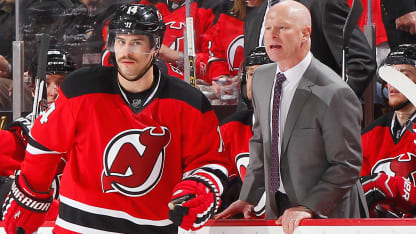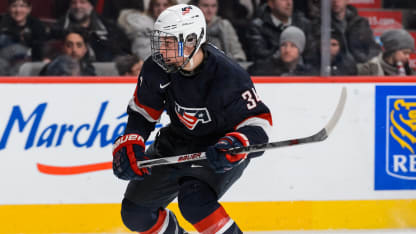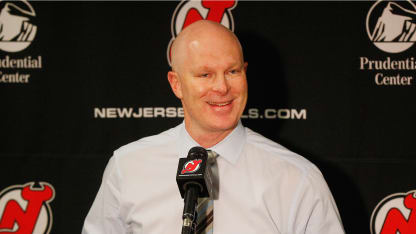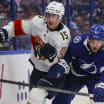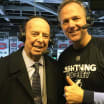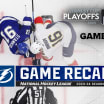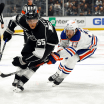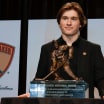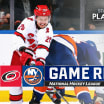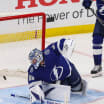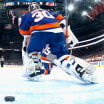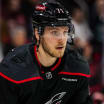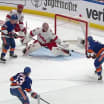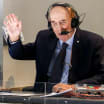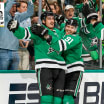Miles Wood, another player on the roster, is a Devils prospect. How important is it for you to get some extra time working with him?
"Oh yeah, for sure. I think Miles is another one of those guys that when you look at his talent level, he's raw but he's big and he has great speed. He's obviously going to be in our organization next year in New Jersey, but that wasn't why we took him for this team. He's a prospect of USA Hockey that we like. He fits that mold of player that we want to take the to the World Championship, but you're right, I'm very excited to get an opportunity to work with him again because he's another one of those guys with all this potential and athletic ability and now let's try to help him translate it into being a pro. He's lean, not a lot of fat on him. His lower body is pretty big but his upper body isn't overly thick, but he's strong as a bull, though."
Had to ask you about the four guys with the Penguins that you coached last year -- Conor Sheary, Tom Kuhnhackl, Bryan Rust and Matt Murray. How do you feel now seeing them in the playoffs considering you played a major role in their development?
"It's actually really fun to be able to watch and see those guys go. I think it's a real credit to them. We tried to have an environment in Wilkes-Barre where it was two things: We wanted to be an extremely competitive things and we wanted to try to get players to become NHL-caliber players. Those guys that you're talking about in Pittsburgh, those are kids that came in with a lot of talent, some pretty big reputations, but you could tell early on that they had a passion to get better. They were very good players. It is gratifying to be able to see them have the amount of success they're having now just because I saw them before they got there, when they didn't have the limelight in the NHL, when they were riding the bus and working hard in practice and making improvements that they individually needed to make. It's really nice to see them have success now."
